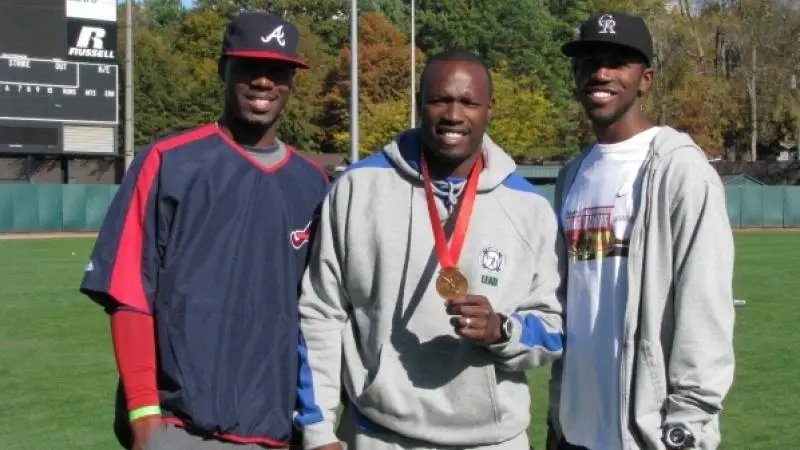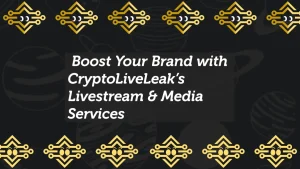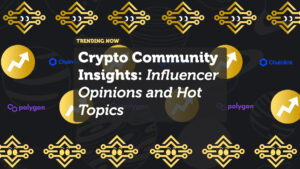The Power of Conversation: My weekly reflections with CJ Stewart

This week feels different and seems different. Nothing has changed overnight in this country, the tension is still palpable, yet there is a different feeling. It is as if the people of the United States and around the world have awakened. The sleeping giant that is racism has been steadfast asleep for years and centuries flying under the radar of white people, but not anymore. This beast has awakened and we have our spotlights shining brightly on it.
For those who aren’t familiar with why I am posting this, I will catch you up to speed. A couple of weeks ago the world witnessed the ruthless killing of George Floyd and this event sparked me to reconnect with a mentor and friend of mine by the name of CJ Stewart. CJ and I go all the way back when he used to coach me in baseball when I was 10 years old. (I am now 31 today) He is the best baseball coach in America and has worked with endless big leaguers like Jason Heyward and Dexter Fowler (pictured above). I reconnected with CJ because I wanted to see what I could do as a white person to advance and serve the black community and its fight for equality. CJ invited me to chat with him for the next 40 days, each day for 40 minutes where we can share an open dialogue about the black community, the white community, racism, the history of America, equality, and so much more. So each week I will be highlight important topics that we were able to discuss.
In the past two weeks, I have had some of the most powerful conversations of my life not only with my dear friend and mentor, CJ Stewart but with leaders and friends within the black community. It has inspired me to bring the knowledge I have learned through these conversations to my white friends, colleagues, and now you the reader of this blog.
1. From your perspective what is the first thing we should change when it comes to the way policing should work?
CJ walked me through the history of how the police were started. After slavery was abolished, the police were essentially created as a legal form of enforcing the same ideals of slavery. White people created the police to make sure that African Americans who were now “free” did not rebel against their oppressors.
– Biggest takeaways: Policing starts with the community. Policing should be representative of the community it is trying to police. There is no hierarchy when it comes to policing people and policing should not include superior force, but superior communication.
2. Did you see the voter suppression that was happening in GA yesterday? If so, what are your thoughts about that?
Right now the issue is still being investigated, and not enough facts are out regarding who was to blame. We do need to find out who was at fault so we can rectify these mistakes.
– Biggest takeaways: Regardless of fault, corrective action and ownership should and will be taken by the leaders of Fulton County. If someone messed up and the voter suppression was the result of their mistake, quick, decisive actions must be met with accountability. No matter the race, everyone must be held at the same standard by leaders.
3. What would you like to see from small business owners when it comes to equality in the workplace?
Right now in America opportunities are not being provided to the black community when the same opportunities are being given to white people with less or equal talent. Talent is something innate that you are naturally gifted with and you don’t have to work at. Mastering a skill set to become a professional is done through repetitions and having the opportunity to fail. Growth comes from being provided an opportunity that you are not yet ready for, and mastering a skill set happens when you repeat that skill over and over under pressure. How can the black community succeed if they are not given the opportunity to fail and grow from failures?
– Biggest takeaways: Small businesses must actively seek out members in the black community who have the same talent as their white counterparts. Opportunities and support from their leaders to fail are integral in the path to mastering a skill. The black community has not been offered opportunities, but also the support system. If we can pair these two together by actively seeking out the black community in our small businesses we can start to forge a pathway towards equality.
4. As a white person, I will never truly understand what it is like to be black in America. How can I do a better job of understanding and empathizing with the black community to accomplish its mission for equality?
You don’t need to fully understand what it is like to be black in order to have or show empathy. Empathy is to suffer with. The Black Community in this country has been fighting for so long and so hard to make strives towards equality, and it has been on their own. To empathize with the black community would be to suffer with and to fight with in order to accomplish their mission. Protesting, marching, and fighting for the Black Community when they are tired or worn down is what empathy can look like, but it can also come in many other forms.
5. What does power mean to you? What part does money play into this equation?
Power is the ability to have self-conviction and confidence in yourself to be able to influence others’ behaviors or actions around you. Influence is capital in the form of relationships. The more powerful the relationship, the more influence you can have. Affluence is having the financial means to do whatever you want. Power can come from affluence, but being truly powerful comes from conviction, fear, and influence.
6. Why do we create stereotypes for different people? Has this done damage to the black community?
We create stereotypes of other people to protect ourselves. It’s a fight or flight mechanism that we use. If I got bit by a dog and had a bad experience with dogs, then I will create a bias in my head with the next dog I see. That is to protect me from being bit.
One tool CJ mentioned he uses daily when meeting new people is asking, “what are some of your personal biases?” Whether it be when speaking with a white female, a black student, or a white man, putting these biases upfront for dialogue is huge in breaking through barriers and truly understanding the other person you are speaking with. It allows you to understand the other person at a much different level, and to take corrective action throughout the entirety of the conversation.
Stereotypes are made for all different types of races not just black people. It has done damage, but we must open ourselves up to conversation so that we may begin to see through these biases.













